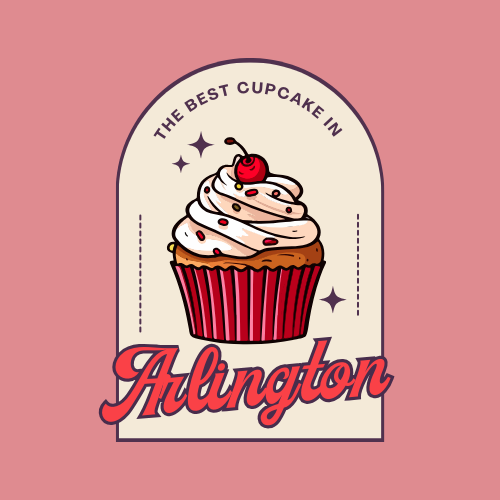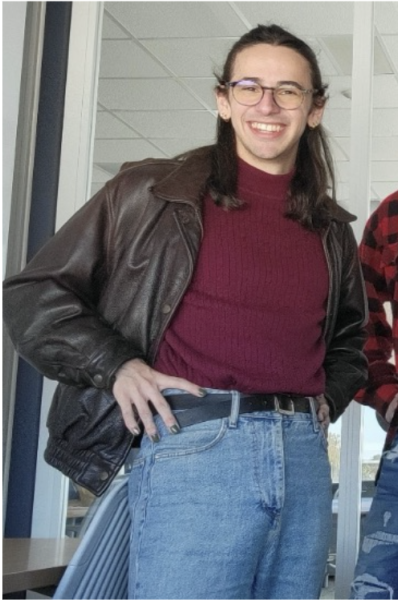Tall Girl falls short
Netflix’s new release is another example of what teen movies keep getting wrong about high school
This past September, Netflix released their new teen romance film “Tall Girl”. The film received a score of 28 percent on Rotten Tomatoes and criticism before it even officially came out. The arrival of yet another teen rom-com sparked controversy and backlash due to what critics consider a lack of representation of real issues faced by minorities, not tall white straight girls who live in rich neighborhoods.
Netflix’s “Tall Girl” follows Jodi, a six foot one girl, who faces obstacles at school and in her love life due to her height. Called “tall girl” by her peers and constantly overshadowed by her beauty pageant winning sister, Jodi does not have a lot of confidence. Even though her best friend since childhood, Jack, is deeply in love with her, Jodi feels she can only be with someone as tall as her. However, the arrival of Swedish foreign exchange student Stig is a ray of hope for Jodi when she finds that he is even taller than she is. Jodi finds herself in the middle of a love triangle and drama ensues. In the end, Jodi shows up to the Homecoming dance wearing heels and a pantsuit. The crowd parts as she enters, she gives a speech on her insecurities, blows off Stig and finally kisses Jack.
It is your classic, overdone teen movie. It is not groundbreaking, nor will anybody really remember it in the weeks to come. It has gained more popularity through memes on social media rather than actual viewership, but that may be because its trailer essentially tells the whole story in two minutes rather than the one hour and 41 minute run time. “Tall Girl” brings up the topic of discrimination and overcoming insecurities, but does not have a lasting impact because it does not portray problems teenagers are truly facing.
“America’s mood has changed, and many viewers might not feel much empathy for the small-minded grievances of wealthy teens driving to school in S.U.V.s,” said he New York Times movie critic Elisabeth Vincentelli on September 13.
On the social media app TikTok, teenagers have mocked one of Jodi’s line in the movie, “You think your life is hard? Try wearing size 13 Nikes. Beat that.” One girl played this audio and responded with, “I have cancer,” while another teenager said, “Try being the one black kid at an all-white school.”
There is already a plethora of movies about rich white girls facing problems in high school and not enough movies giving a spotlight to those teenagers who really need a helping hand. Jodi’s problems, coming from a place of wealth and privilege, lack depth or relatability to most teenagers. Teenagers who face problems such as financial issues, disabilities or harassment due to race or gender may not feel any connection to Jodi’s character.
Teen movies such as “Love, Simon” and “The Hate U Give” take on the stories of teenagers facing more realistic problems. In “Love, Simon,” we follow a teenager struggling with his sexual identity. In “The Hate U Give,” the issue of police brutality is tackled by following the story of a teenage girl. This movie is something many minorities can relate to due to how often minorities face police brutality, and also educates those who are privileged and have not faced such discrimination before.
Finally, another part of the movie that fails to hit the mark is its portrayal of mean girls. Mean girls never just exist to be mean. Bullying tends to stem from problems the bully faces on their own, and their inability to cope with it, thus resulting in the harassment and mean treatment of others they may envy or see as weak targets. In “Tall Girl”, the mean girl, Kimmy, bullies Jodi just because she can, and the lines of who is good and who is bad become very clear. That is the most unrealistic part. No one is ever just bad or good, especially in high school. Having a shallow, mean character just to have a mean character makes the movie hollow and less impactful. The movie missed the chance to open a discussion about female relationships and bullying, and instead relied on characters like Kimmy to make the main character more of a victim.
While, of course, teenage girls do face insecurities, and yes, small things such as height or small imperfections feel huge when you are in high school, this movie is a tired attempt of several other movies that discuss the topic of being different in high school. The other movies do it well, though, and are way more realistic. Movies like “The Hate U Give” or “Love, Simon” focus on true, realistic issues that touch base with viewers. Movies like “Tall Girl” continue to get things wrong about what high schoolers actually face and how they can overcome it.










